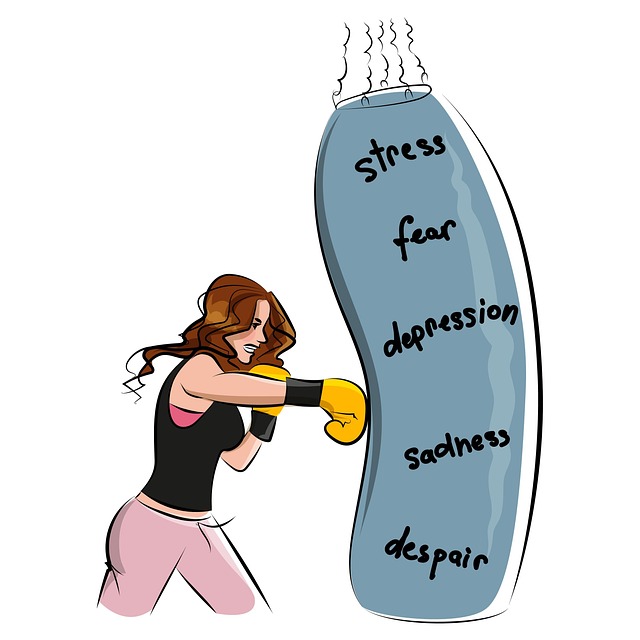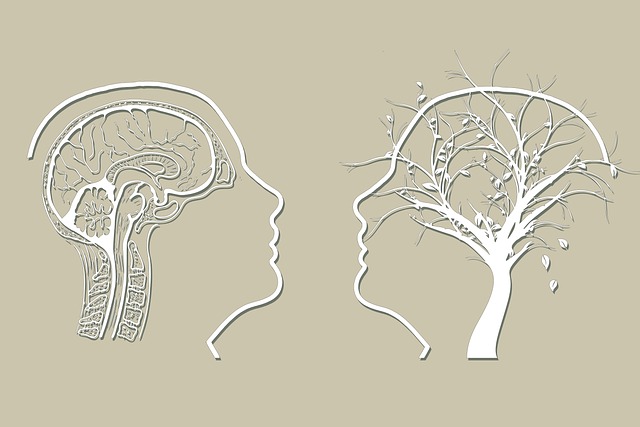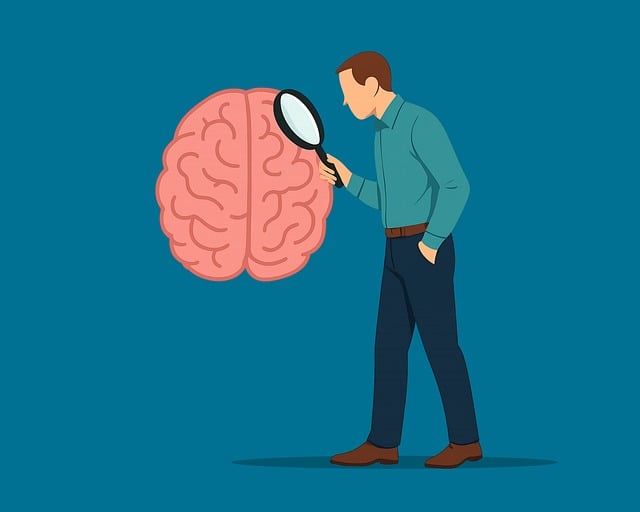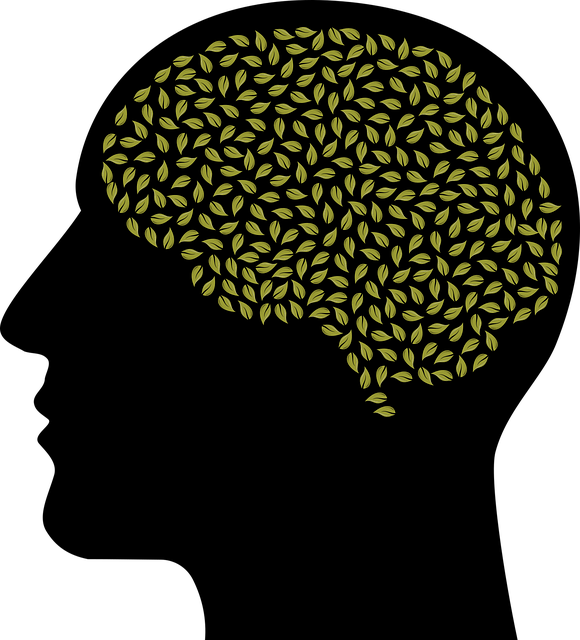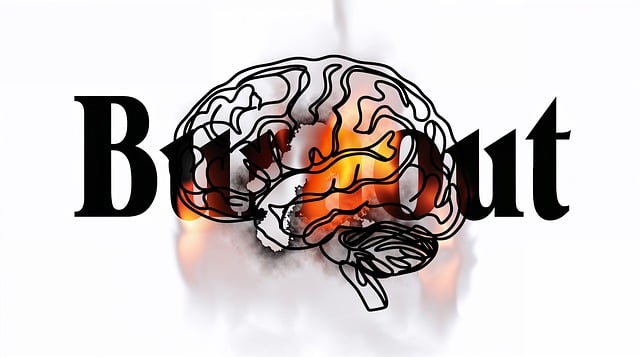Emotional intelligence (EQ) is a powerful tool in modern mental health education, especially within Centennial Anxiety Therapy, which tackles rising anxiety levels fueled by work, relationships, and societal pressures. This therapy combines CBT, social skills training, and mindfulness practices to equip individuals with EQ strategies for managing anxiety triggers, improving decision-making, and fostering healthier relationships. By enhancing self-awareness through mindfulness and empathy through active listening, Centennial Anxiety Therapy promotes emotional balance, resilience, and lasting positive changes in individuals' lives.
Emotional intelligence (EI) is a powerful tool for navigating life’s challenges, especially in today’s fast-paced world. This article explores the significance of EI and offers practical strategies to boost your emotional agility. We delve into identifying and managing anxiety, a prevalent modern concern, and introduce innovative approaches like Centennial Anxiety Therapy. Additionally, we provide techniques for enhancing self-awareness, self-regulation, and empathy—essential components of developing a deeper understanding of yourself and others.
- Understanding Emotional Intelligence and its Significance
- Identifying and Managing Anxiety in the Modern Era
- Centennial Anxiety Therapy: A Novel Approach
- Techniques to Enhance Self-Awareness and Self-Regulation
- Cultivating Empathy: The Key to Effective Communication
Understanding Emotional Intelligence and its Significance

Emotional intelligence (EQ) is a powerful concept that has gained significant traction in recent years, especially within the realm of Centennial Anxiety Therapy and mental health education programs design. It refers to the ability to recognize, understand, manage, and effectively utilize one’s own emotions, as well as perceive, interpret, and respond appropriately to the emotions of others. This skillset is crucial for fostering healthy relationships, making sound decisions, and navigating complex social interactions.
The significance of EQ cannot be overstated, particularly in today’s fast-paced world where stress management has become a paramount concern. Mental health education programs that incorporate communication strategies centered around emotional intelligence can empower individuals to better cope with challenges, enhance their overall well-being, and build resilience against mental health issues like anxiety. By developing these skills, folks can create a more harmonious balance between their emotions and daily responsibilities, revolutionizing the way they interact with themselves and others.
Identifying and Managing Anxiety in the Modern Era

In the modern era, anxiety has become a prevalent concern among individuals from all walks of life, often referred to as Centennial Anxiety. This form of anxiety is characterized by heightened feelings of worry and fear, frequently triggered by stressors related to work, relationships, or societal expectations. With the constant connectivity and high-pressure demands of today’s world, it’s no surprise that many are seeking effective strategies to manage their mental health.
One powerful approach to combating Centennial Anxiety is through therapy, particularly Cognitive Behavioral Therapy (CBT). CBT focuses on identifying negative thought patterns and replacing them with healthier, more balanced perspectives. By understanding the root causes of anxiety, individuals can develop valuable coping mechanisms. Social Skills Training, for instance, can empower people to navigate social situations with increased confidence, thereby reducing anxiety triggers. Moreover, raising Mental Health Awareness through comprehensive Healthcare Provider Cultural Competency Training ensures professionals are equipped to offer sensitive and effective support, catering to a diverse range of clients.
Centennial Anxiety Therapy: A Novel Approach

In recent years, a novel therapeutic approach known as Centennial Anxiety Therapy has emerged as a game-changer in the field of emotional intelligence building and mental health care. This innovative method specifically targets the rising concerns surrounding contemporary anxiety disorders, offering a fresh perspective on managing stress and cultivating resilience. By drawing inspiration from ancient mindfulness practices and merging them with modern psychological theories, this therapy provides powerful tools to combat the ever-present challenge of anxious thoughts in today’s fast-paced world.
Centennial Anxiety Therapy emphasizes the importance of self-care practices and mind over matter principles as essential components of stress reduction methods. It encourages individuals to develop a deeper understanding of their anxiety triggers and to learn effective coping strategies for managing them. Through various exercises focusing on mindfulness, breathing techniques, and cognitive reframing, clients are empowered to navigate through the labyrinthine complexities of modern life, fostering a sense of calm and emotional balance. This holistic approach not only addresses the symptoms but also promotes long-lasting positive changes in one’s relationship with anxiety, ultimately enhancing overall emotional intelligence.
Techniques to Enhance Self-Awareness and Self-Regulation

Developing self-awareness is a cornerstone of emotional intelligence and Centennial Anxiety Therapy. It involves recognizing your emotions, understanding their triggers, and acknowledging how they influence your thoughts and behaviors. One effective technique to enhance self-awareness is mindful meditation, which encourages individuals to focus on the present moment, observe their feelings without judgment, and cultivate a deeper connection with their inner selves. By regularly engaging in mindfulness practices, people can gain valuable insights into their emotional patterns and triggers, paving the way for better management of anxiety and depression (Depression Prevention).
Self-regulation is another crucial aspect of emotional intelligence building. It entails managing and controlling your emotions in a healthy way to achieve positive outcomes. Coping skills development plays a significant role here. Techniques like deep breathing exercises, progressive muscle relaxation, and cognitive reframing can help individuals gain better control over their reactions to stressful situations. These tools enable people to respond rather than react, fostering self-regulation and promoting more thoughtful decision-making in challenging scenarios, including those that may trigger Centennial Anxiety. Public awareness campaigns development can also play a role by educating the public on recognizing symptoms of anxiety and encouraging help-seeking behaviors.
Cultivating Empathy: The Key to Effective Communication

Cultivating empathy is a cornerstone of emotional intelligence and plays a pivotal role in effective communication, especially in today’s interconnected world. It involves understanding and sharing the feelings of others, fostering deeper connections and enhancing interpersonal relationships. In the context of Centennial Anxiety Therapy, this skill is invaluable as it helps individuals navigate complex emotions, reduce mental illness stigma, and build resilience against burnout prevention. By putting themselves in someone else’s shoes, people can improve their social skills training, enabling them to respond sensitively and adaptively to a variety of situations.
Empathy allows for better active listening, where the speaker feels truly heard and understood. This is particularly crucial in therapy sessions or personal interactions where vulnerability is often present. When individuals empathize, they create a safe space for others to express their feelings without judgment, fostering an environment conducive to healing and growth. Moreover, empathy promotes mental well-being by reducing symptoms of anxiety and depression, thereby contributing to a healthier and more supportive society.
Emotional intelligence, a cornerstone of personal growth, is crucial in navigating today’s complex world. By understanding and managing anxiety through innovative approaches like Centennial Anxiety Therapy, individuals can develop self-awareness and self-regulation skills. Cultivating empathy acts as a game-changer in communication, fostering deeper connections. Embracing these strategies allows us to transform our emotional landscapes, enhancing our overall well-being and relationships, and ensuring we’re equipped to thrive in the modern era.



